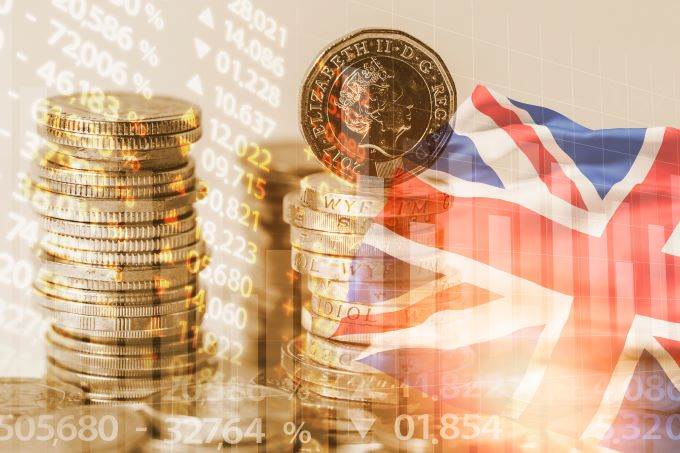Last week the Pound Sterling lost ground for the third consecutive week, dropping 0.19 percent.
Just like the rest of the world, the United Kingdom is now facing the advance of the Covid-19 pandemic. There are currently 310,250 reported coronavirus cases in the UK, as well as a death toll of 43,514, making the country the fifth more affected in the world, and the most affected country in Europe.
 The UK is now easing down some of the measures it had to impose in order to stop the advance of the pandemic. For example, from July 6 non-essential overseas travel restrictions are going to be eased, which has made holiday bookings increase significantly. Certain businesses, like restaurants, pubs, libraries, and hotels will be allowed to reopen from July 4 now that the "2 meters apart" rule is going to be lifted and replaced by a "1 meter apart" rule.
The UK is now easing down some of the measures it had to impose in order to stop the advance of the pandemic. For example, from July 6 non-essential overseas travel restrictions are going to be eased, which has made holiday bookings increase significantly. Certain businesses, like restaurants, pubs, libraries, and hotels will be allowed to reopen from July 4 now that the "2 meters apart" rule is going to be lifted and replaced by a "1 meter apart" rule.
This is concerning, taking into account that the number of cases is peaking in certain places, like China and the United States, which suggests that the pandemic is everything but over. In fact, the chief scientific adviser, Sir Patrick Vallance highlighted that the decision of the UK government doesn't imply that the crisis is over.
“Don’t be fooled that this means it has gone away. The disease is growing across the world. It is coming down in the UK but it hasn’t gone away,” he warned.
Another fact that is increasing the uncertainty is that Brexit negotiations continue and that the UK is now considering whether it should ask for another extension by June 30. The next round of talks is set to start on Monday, which would the first time both parts meet since march, and there are already signs of profound disagreement between the negotiation teams.
On Wednesday, the European Union's chief negotiator, Michael Barnier said that the United Kingdom is not showing any willingness to commit to certain key areas while at the same time wanting to keep the privilege of remaining close to the single market. Barnier highlighted that the European Union will do whatever is in its power to reach an agreement and that the EU won't sacrifice its long-term economic and political interests for the sake of the UK's.
"We need a clear signal that the UK is ready to work on the agreement that respects political declaration in spirit and letter," commented Barnier.
Following Barnier's comments, the UK chief negotiator, David Frost said that in order to advance with the negotiations, the European Union would have to change its "unrealistic positions", adding that the UK's sovereignty, courts, laws, and fishing waters are not up to discussion.
If the UK government decides not to ask for an extension of the transition period, the country, together with the European Union would have to agree on a trade deal before the end of the year.
In terms of the economic calendar, the markets learned that the preliminary IHS Markit's Manufacturing PMI increased to 45 in June after being at 40.7 on the previous month. This is a significant improvement, but still signals a contraction in the manufacturing sector. Conversely, the services sector experimented with a milder contraction in June, as the index went up from 29 in the previous month, to 40 in June.
The Bank of England's Governor, Andrew Bailey stressed the need to adjust the level of reserves first before considering further interest rates cut. The benchmark cash rate currently stands at 0.1 percent, as the bank pledged to expand its quantitative easing program by 300 billion pounds.
According to some analysts, the Pound Sterling is now behaving as an emergent currency, given the underlying risks associated with the Brexit political crisis, and the fact that the country is suffering from both a high budget deficit and a big current account deficit. This makes the currency more prone to suffer from high volatility, at least relative to the performance of more conventional risky assets.
In the upcoming week, traders should pay attention to the development of the trade talks between the UK and the European Union, and whether the outcome of such talks will shed a light on the future economic relationship of the United Kingdom and the Bloc.
